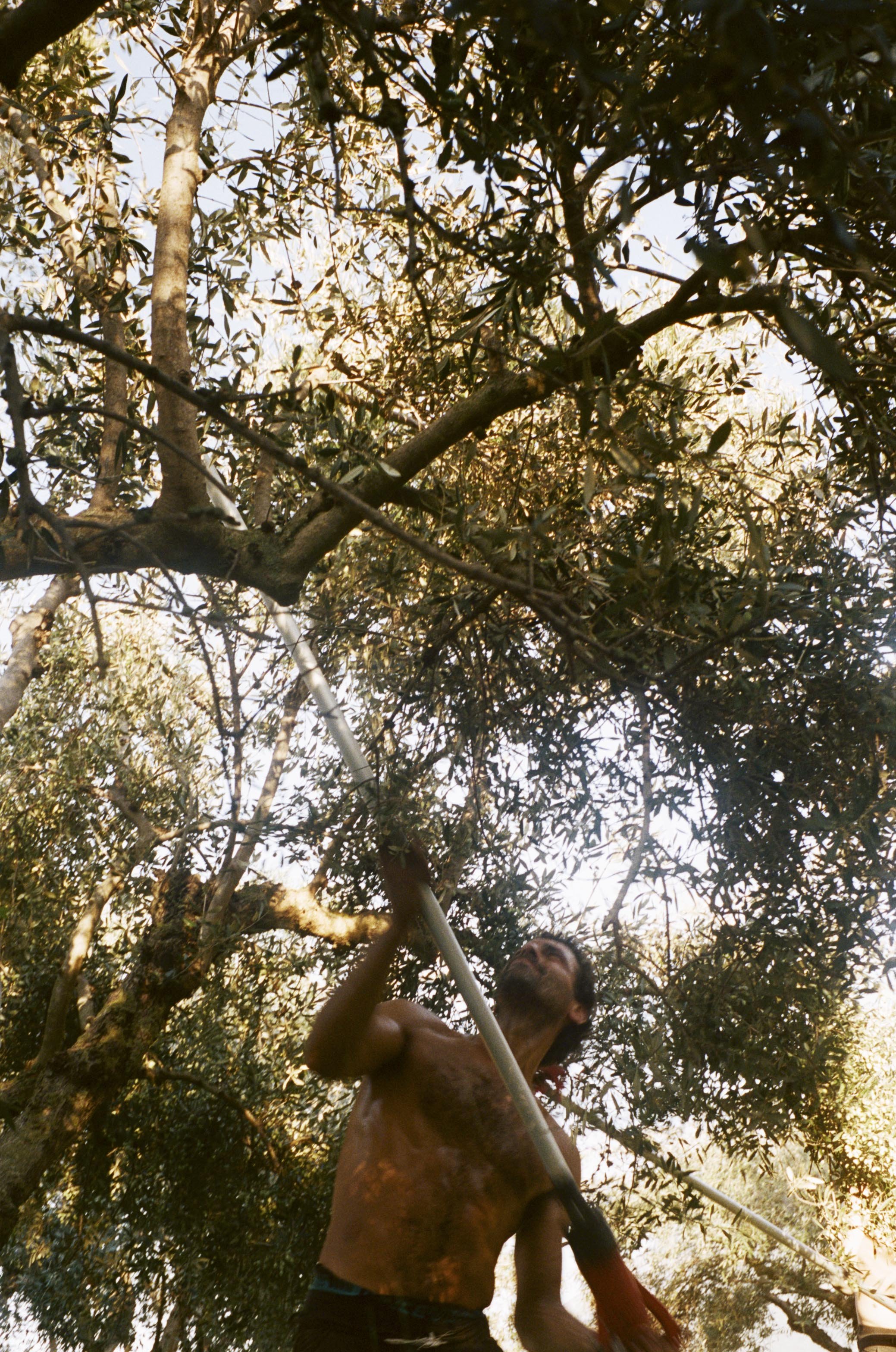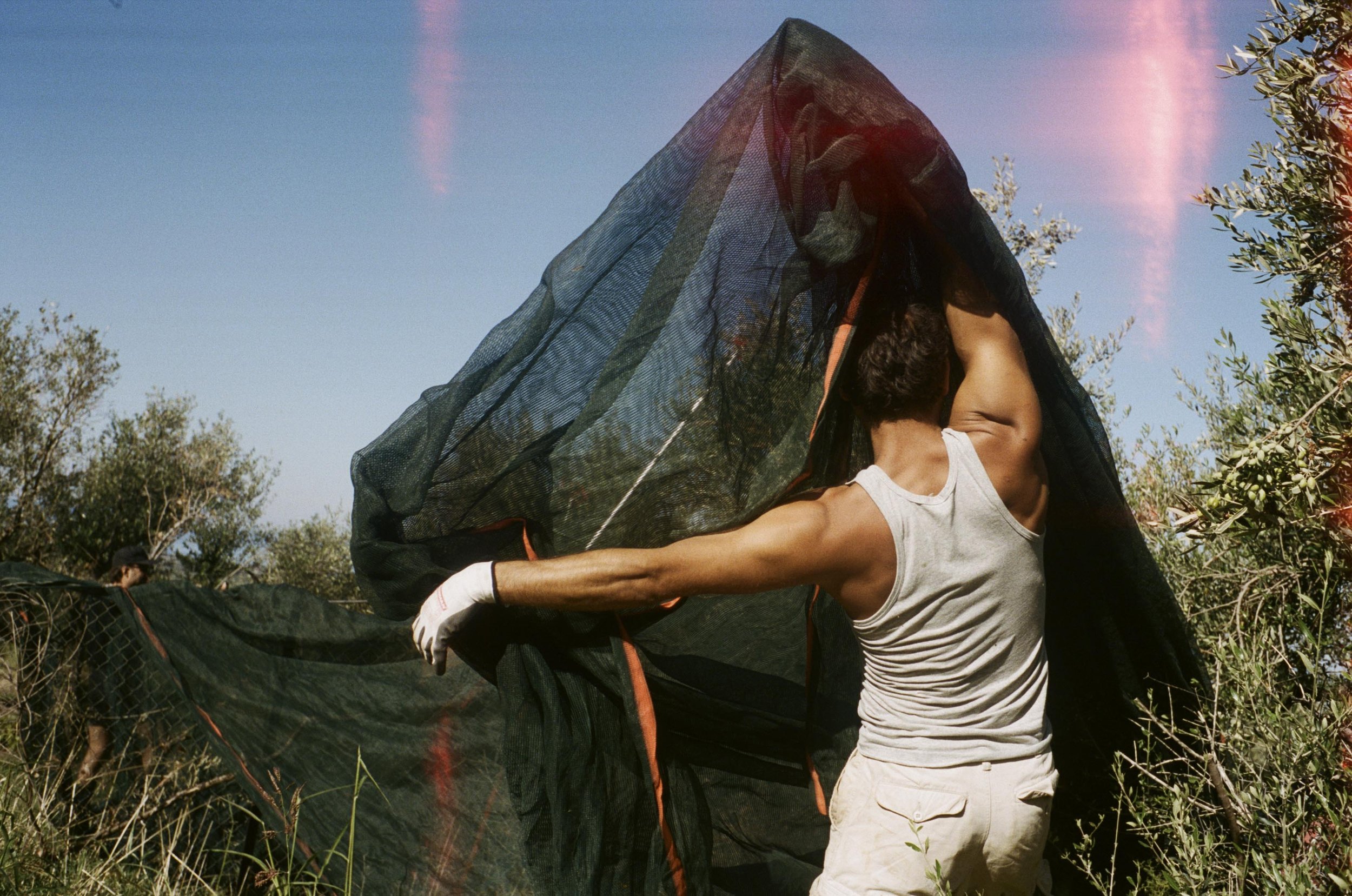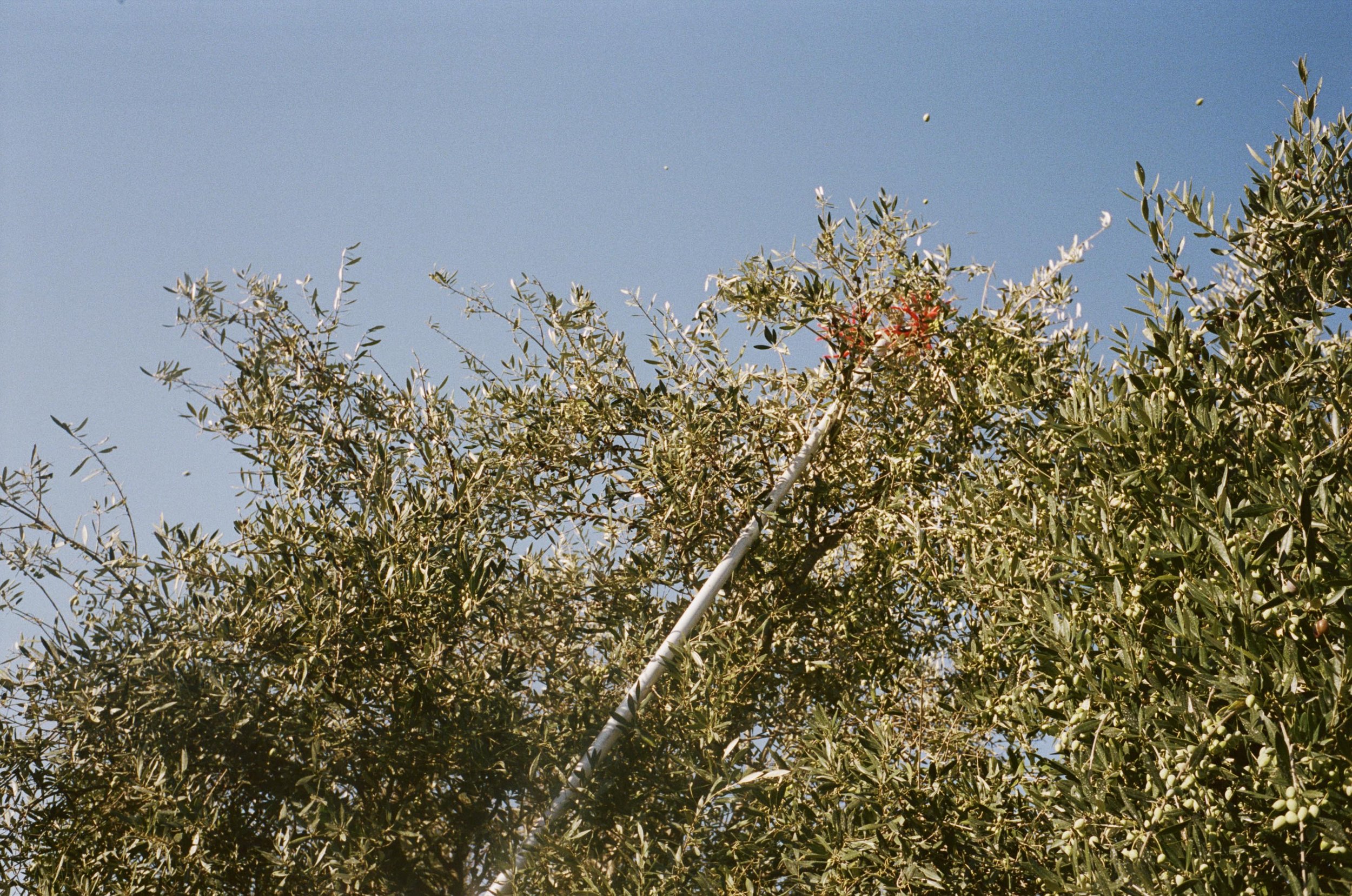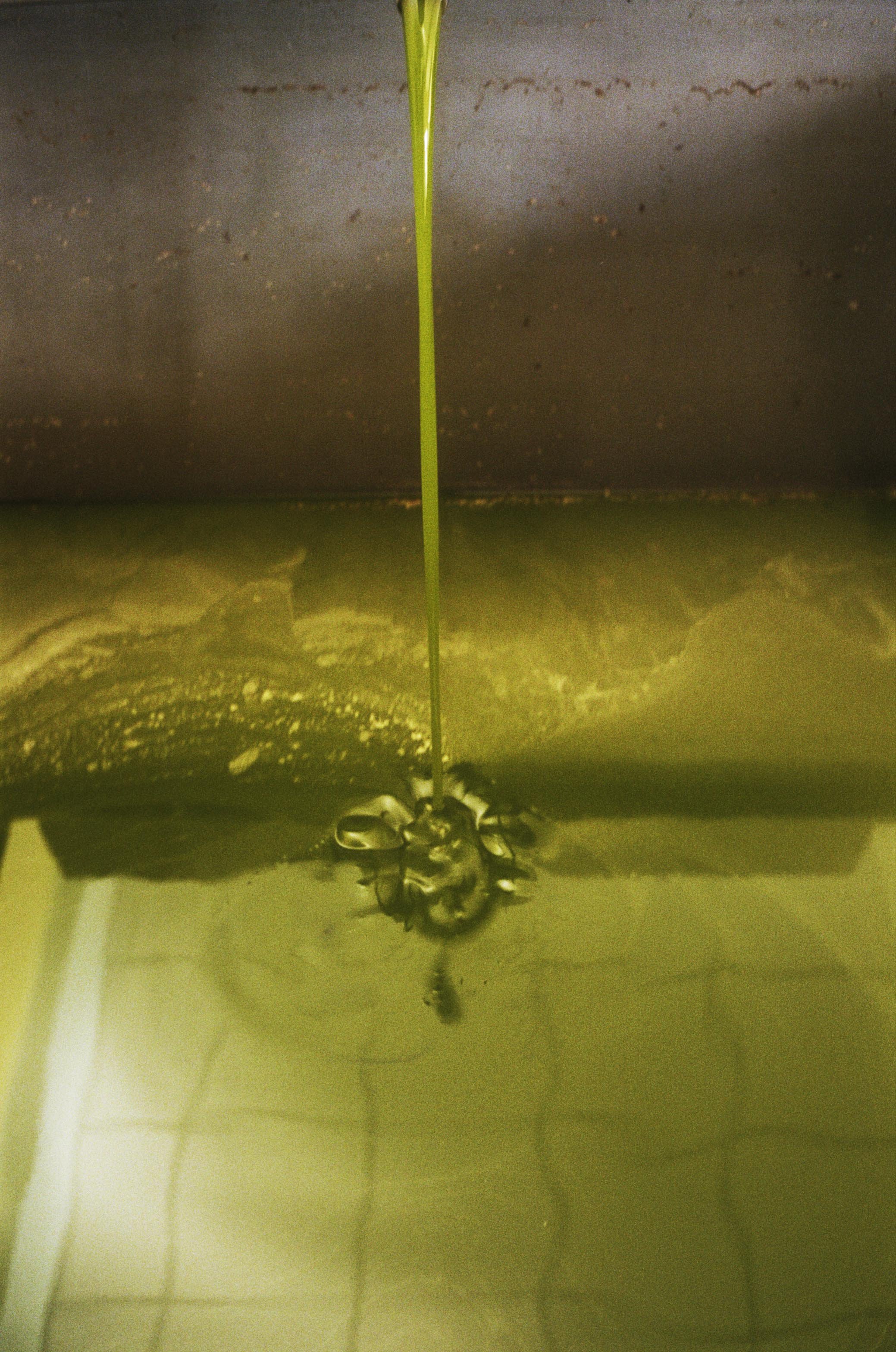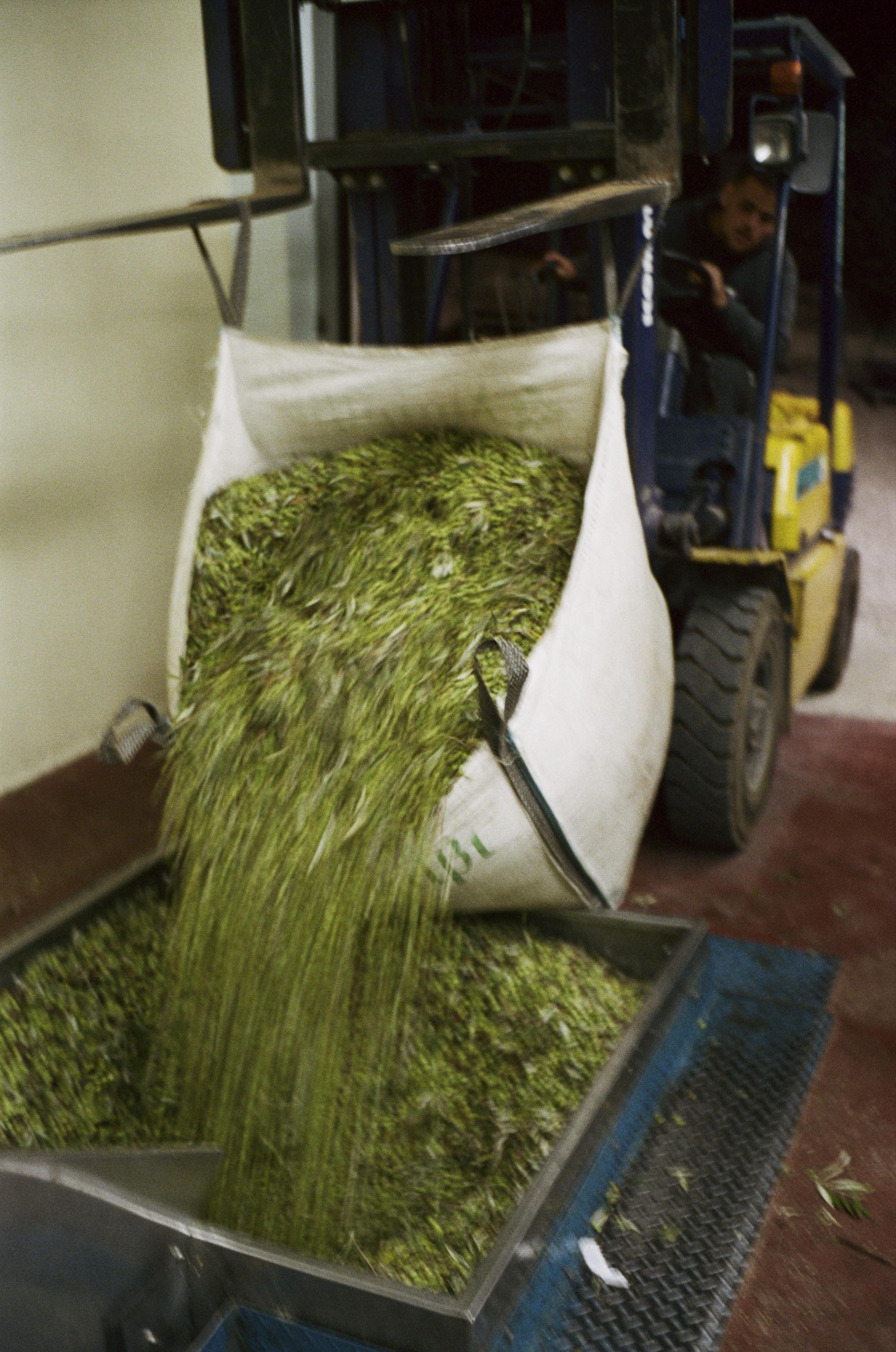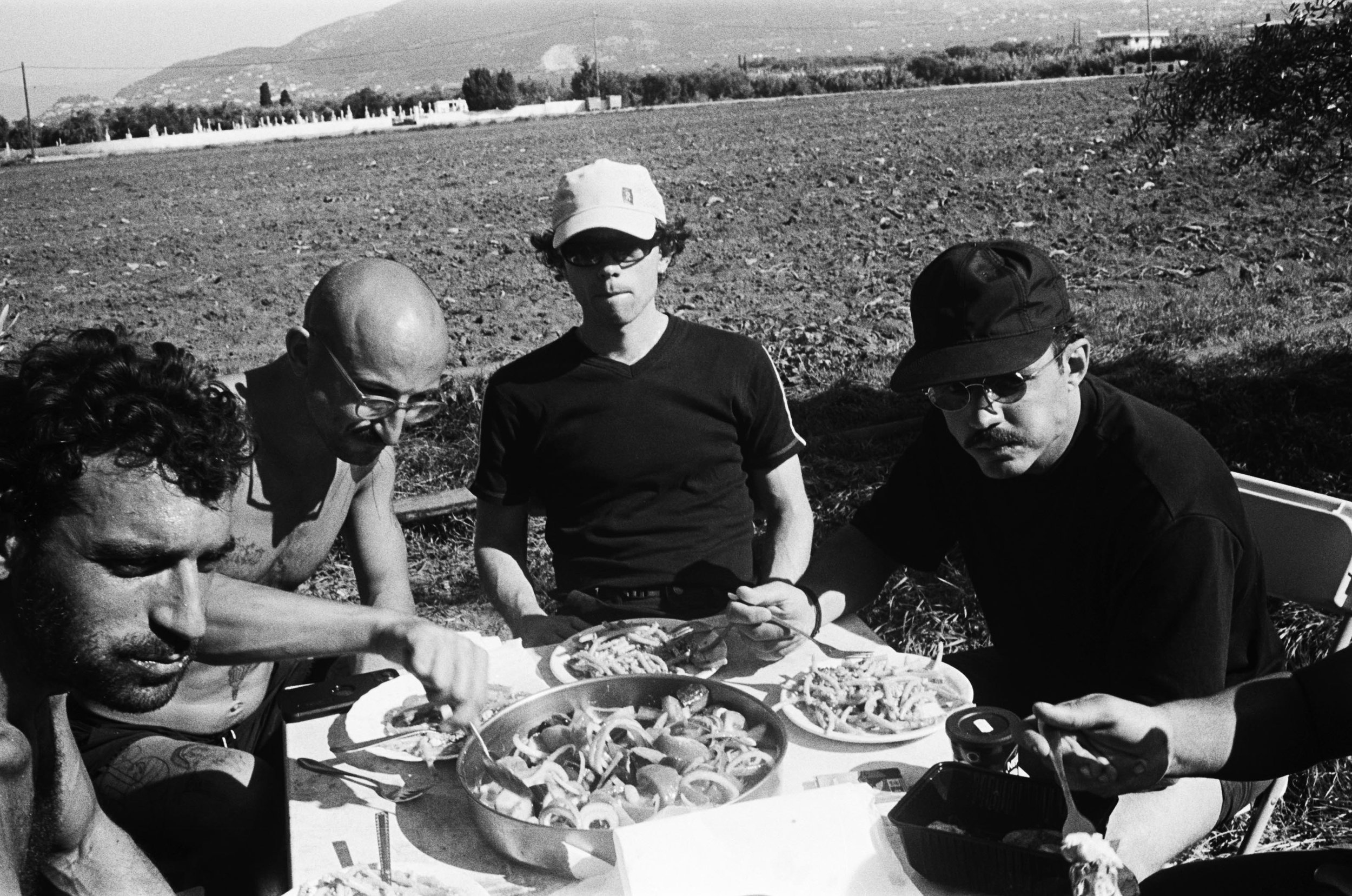AN INTERVIEW WITH THEOPHILOS CONSTANTINOU AND MATI PICHCI FROM PSYCHEORGANIC
1. What is your background?
I am Cypriot Greek American. Born in Akron, Ohio. Sharpened my iron in Philadelphia. Moved to New York City to solidify my version of the American dream. Currently living in Copenhagen.
2. How did you end up in the same city (Copenhagen)
I moved to Copenhagen to start Psyche Organic with my partner Michael Roloff. Atelier September was one of our first clients. Mati Pichci was working there at the time and believed in our story and oil. This is how we met, the rest is history.
3.How do you find the food scene there?
I can't really speak to food as it isn't my scene, I tend to cook for myself or eat the under the radar deep mom and pop spots.
4.How did the shift to the olive oil trading from your former profession happened?
It's a long story so I'll keep it brief. Paradigm, my former brand was launching two massive books, For the Porch by Cam Hicks & RED by Alex Olson. FTP was launching at DSMNY and RED at BEAMS in Japan in March and April of 2020. I was curating an art show in downtown Manhattan, my career and brand were on the upward. Then COVID. I returned to Ohio to escape the city and meditate in the Cuyahoga Valley where I grew up.
In June of 2020 I began searching for individuals associated with the Japanese natural farmer, Masanobu Fukuoka. The top hit was Pangiotis Manikis. I emailed him and asked if I could come apprentice with him, he said yes and I bought a one way ticket to Greece in the height of the pandemic. Through him I met many farmers and growers, one of those individuals was Theodore Dimitrakakis. I drove to his farm in Kyparissia and tasted his single-estate biodynamic olive oil, brought it to Copenhagen and Psyche was born.
5.Why did you choose Mani? What is special about the place the oil?
What is special about this region are the Koroneiki olives that flourish in the south Peloponnese. The olive gets its name from Koroni, a town located in Messinia. The Koroneiki tree has flourished in this region for over 3,000 years and the olives it produces are considered the “queen of olives.” This olive is harvested solely for the purpose of making olive oil, natural selection created the conditions and soil over millennia to produce this fruit.
6 How do you brand greece as a product? What are the assets.
Our name Psyche comes from the Greek word, ψυχή which means the human soul, mind, or spirit. Our logo is the letter psi in Greek. The DNA of the brand is rooted in the most forward facing parts of the brand. Then on the label we pay tribute to the entire supply chain, which is Greek. It is also important for us to elevate single-estate extra virgin organic Greek olive oil to the international consumer market as Italy and Spain receive most of the shine.
7. How do you advertise your oil more as a way of life and not a product?
In Greece or the Mediterranean we are fortunate to be surrounded by olive trees and fresh oil, it is a deep part of our everyday lives. In northern Europe and elsewhere butter and other oils saturate stores and consciousness. We are a myriad of artists, thinkers, romantics, musicians, construction workers, athletes, and humans. If we create an ideology of food as medicine and health as wealth, it can be something attainable to all people regardless of background or socio-economic status. Our foundation for building a conscious worldwide community is single-estate olive oil.
–
1. What is your background?
I am Polish, I grew up in Warsaw and I love good food. I used to work in advertising and cooking was my passion, way of spending free time, sometimes a side job. In my late twenties I decided to focus on making food professionally.
2. How did you end up in the same city (copenhagen)
My Copenhagen adventure started in the beginning of 2019 with a 3-month stage at Noma. Meanwhile I met Frederik Bille Brahe who offered me a job as a manager & chef at Atelier September. I started there right after Noma and stayed for over 3 years.
3.How do you find the food scene there?
The food scene in Copenhagen has a lot to offer. Noma, Geranium & Alchemist are quite literally a top of an iceberg. Overall high quality of produce of organic or biodynamic origin is a standard here. Bread and pastry scene is a great example of it. Some bakeries are simply mind blowing. A big part of this approach to quality is a widely developed scene of natural wine which is a perfect pairing to Nordic simplicity. Copenhagen has also one of the best pizza and ramen I’ve ever tasted. Both Surt and Slurp are on the top of my must-eat list here.
4. What did you cook during your trip? What is about greek food that you like?
My cooking in Greece was spontaneous and simple, for quite a large group at once. In such a case I often make pasta with salad on the side. Once we had lunch among olive trees during a break from the harvest. I served spaghetti with tomato sauce, feta cheese and dill. The vegetables we found on the local market in Kyparissia required nothing more than a splash of local olive oil and some lemon juice. And that’s what I love about Greek food - it’s all about natural deliciousness and simplicity.
5.What do people in Japan think of Greek olive oil?
One week of my trip to Japan last January I spent helping at restaurant Kabi in Tokyo. It’s an amazing restaurant focused on prime local ingredients and developing flavors through fermentation. It’s run by two great guys Shohei and Kentaro. They were really surprised by the balance of smoothness and beautifully potent taste of Psyche Organic. It’s a different level to what they had known.
Pics by Drew Jarrett

